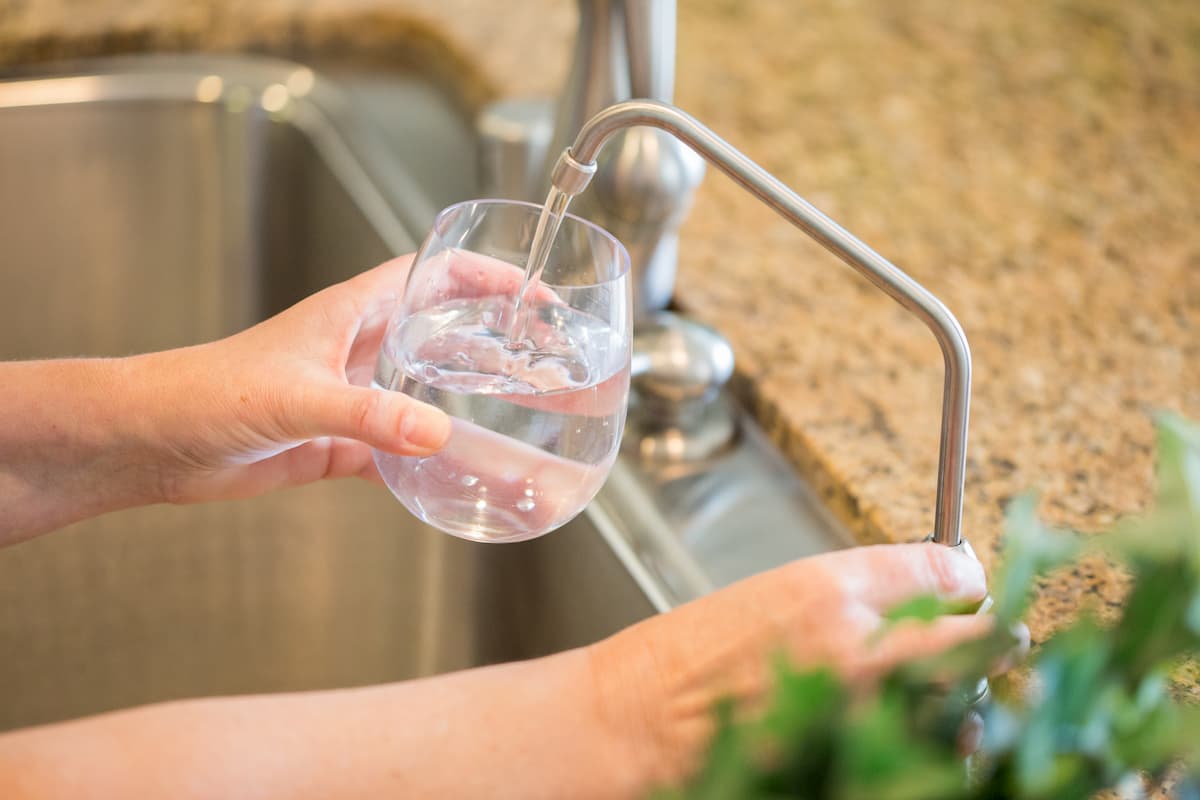In recent years, there has been an ongoing debate about whether it’s better to drink tap water or reverse osmosis water. This debate is essential because the quality of the water we drink significantly impacts our health and well-being. This article will explore the pros and cons of tap water and reverse osmosis water and determine which is better.
What is Tap Water?
Contents
Tap water is the water that comes out of your faucet at home. It is typically treated with chlorine and fluoride to kill bacteria and improve its taste. While tap water is generally safe to drink, it can contain trace amounts of contaminants like lead, pesticides, and pharmaceuticals.
Read also: Are Underground Water Tanks Good?
Pros of Drinking Tap Water
- Accessibility: Tap water is readily available and easily accessible to most people.
- Cost-Effective: Tap water is much cheaper than bottled water and can save you money in the long run.
- Fluoride: Many communities add fluoride to tap water to improve dental health, essential for developing strong teeth and preventing cavities.
Cons of Drinking Tap Water
- Contaminants: Tap water can contain lead, pesticides, and pharmaceuticals, harming our health.
- Taste: Tap water can have a distinct taste or odor that some people find unpleasant.
- Chlorine: Chlorine is often used to treat tap water, which can give it a chemical taste and smell.
Go To The Post: Who Makes John Guest Push-Fit Fittings?
What is Reverse Osmosis Water?
Reverse osmosis (RO) water is purified by removing impurities through a membrane. The process involves forcing water through a semipermeable membrane that removes contaminants like bacteria, viruses, and dissolved solids. The result is RO systems that are free of most impurities and have a neutral taste.
Pros of Drinking Reverse Osmosis Water
- Purity: Reverse osmosis water is highly purified and free of most contaminants, making it safe to drink.
- Taste: Reverse osmosis water is neutral and free of unpleasant odors or flavors.
- Health Benefits: Drinking reverse osmosis water can help improve digestion, boost immunity, and promote overall health.
Cons of Drinking Reverse Osmosis Water
- Cost: Reverse osmosis systems can be expensive to install and maintain, making it less cost-effective than tap water.
- Mineral Deficiency: Reverse osmosis water lacks minerals like calcium and magnesium that are essential for good health.
- Environmental Impact: Creating reverse osmosis water requires significant energy, which can hurt the environment.
Which is Better: Tap Water or Reverse Osmosis Water?
So, which is better? The answer to this question ultimately depends on your personal preferences and needs. It may be the more cost-effective option if you live in a community where tap water is safe to drink and tastes good.
However, if you are concerned about contaminants in your water or want a more neutral taste, reverse osmosis water may be a better choice.
It’s important to note that both tap and reverse osmosis water have pros and cons. Tap water is readily available and cost-effective, but it can contain contaminants that can harm our health. Reverse osmosis water is highly purified and free of most impurities, but it can be expensive and lack essential minerals.
Conclusion
In conclusion, tap water and reverse osmosis water have advantages and disadvantages, and their choice ultimately depends on individual circumstances and preferences.
It’s essential to prioritize the safety and health of ourselves and our families by being informed about the quality of our water and taking appropriate measures to ensure it’s clean and safe to drink.
Whether investing in a reverse osmosis system or using a water filter, improving our water quality can significantly benefit our overall health and well-being. Ultimately, the goal should be to find a reliable and sustainable source of clean drinking water that meets our needs and aligns with our values.

